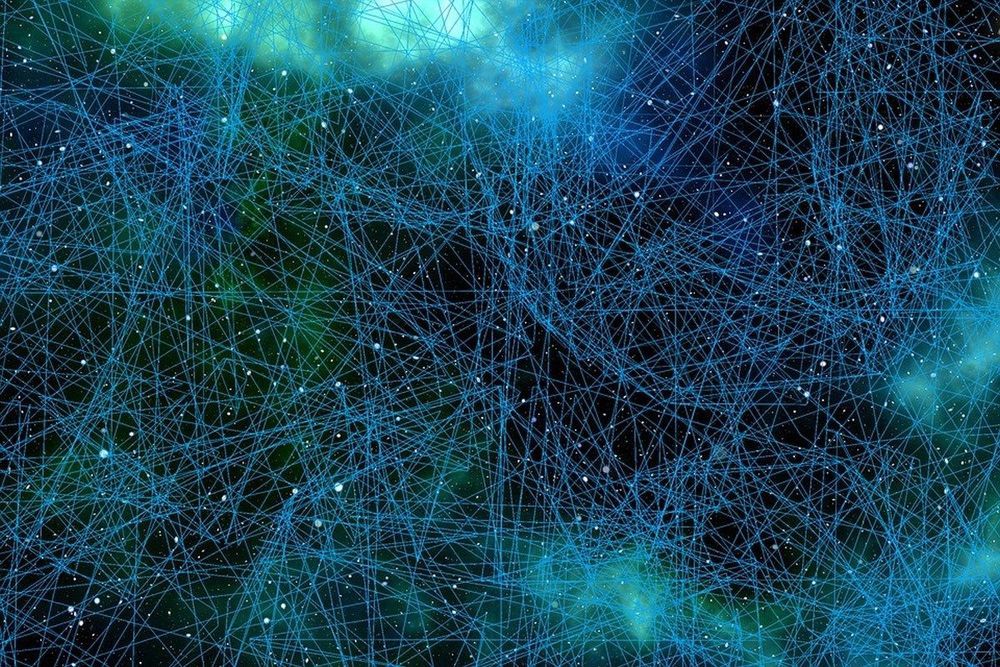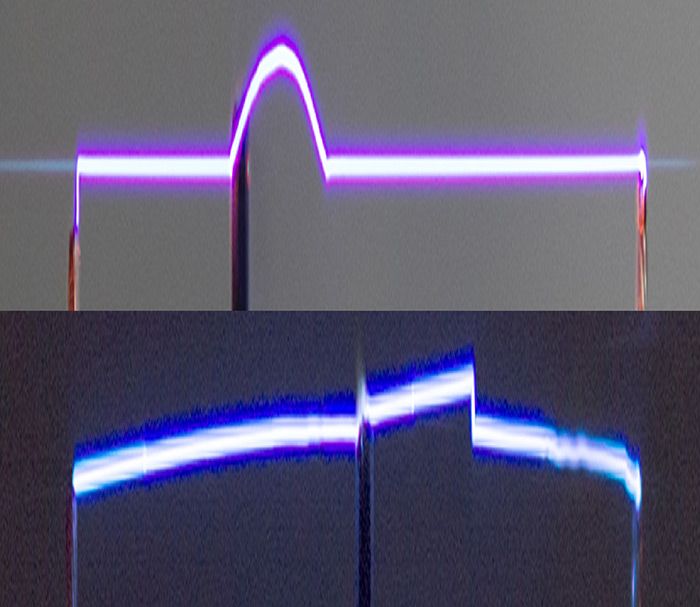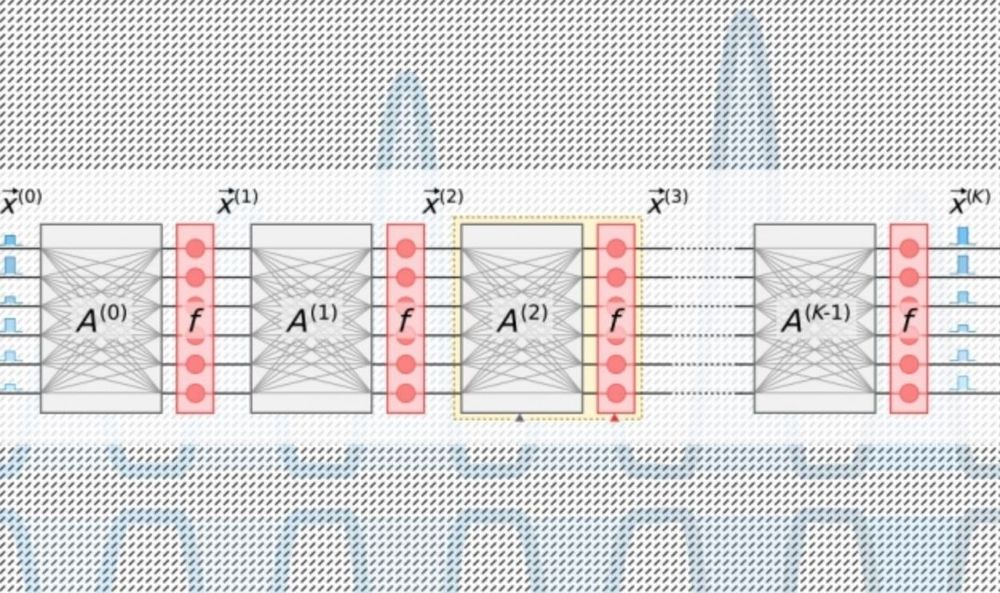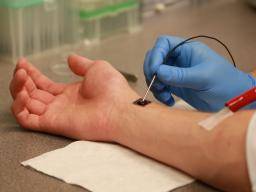Page 8724
Jun 8, 2019
Nanotechnology treatment reverses multiple sclerosis in mice
Posted by Paul Battista in categories: biotech/medical, nanotechnology
Summary: Extracting nanosized exosomes from bone marrow stem cells and injecting them into mice, researchers reverse symptoms of multiple sclerosis. Source: UC IrvineA nanotechnology treatment.
Jun 8, 2019
The foundation of the computing industry’s innovation is faltering. What can replace it?
Posted by Paul Battista in categories: computing, innovation
Shrinking transistors have powered 50 years of advances in computing—but now other ways must be found to make computers more capable.
Jun 8, 2019
How A.I. Could Be Weaponized to Spread Disinformation
Posted by Müslüm Yildiz in category: robotics/AI
In 2017, an online disinformation campaign spread against the “White Helmets,” claiming that the group of aid volunteers was serving as an arm of Western governments to sow unrest in Syria.
Jun 8, 2019
Could lasers guide and control the path of lightning?
Posted by Quinn Sena in category: climatology
Jun 8, 2019
The human body is a mosaic of different genomes
Posted by Paul Battista in category: biotech/medical
Jun 8, 2019
Giant ‘thread’ of radio emissions found linking galaxy clusters
Posted by Paul Battista in category: space
Scientists predicted that our universe’s structure resembles a huge web. We’ve finally seen one of the strands.
Jun 8, 2019
New Photonic Chip Will Push to Limits of Computational Energy Efficiency Ten Million Times Beyond Conventional Chips
Posted by Quinn Sena in category: robotics/AI
A new photonic chip could run optical neural networks 10 million times more efficiently than conventional chips.
The classical physical limit for computing energy is the Landauer limit that sets a lower bound to the minimum heat dissipated per bit erasing operation. Performance below the thermodynamic (Landauer) limit for digital irreversible computation is theoretically possible in this device. The proposed accelerator can implement both fully connected and convolutional networks.
Previous photonic chips had bulky optical components that limited their use to relatively small neural networks. MIT researchers have a new photonic accelerator that uses more compact optical components and optical signal-processing techniques, to drastically reduce both power consumption and chip area. That allows the chip to scale to neural networks several orders of magnitude larger than its counterparts.
Jun 8, 2019
Extinct Russian Volcano Has Woken Up and Could Erupt at Any Moment, Scientists Say
Posted by Genevieve Klien in category: futurism
A volcano in the far eastern end of Russia that was previously considered to be extinct has awakened, and scientists are now warning of a possible catastrophic eruption.
The Bolshaya Udina volcano — part of the Kamchatka Peninsula’s Udina volcanic complex — was believed to be extinct until 2017, when scientists detected increasing seismic activity beneath it, CNN reported.
Ivan Koulakov, a geophysicist from Russia’s A.A. Trofimuk Institute of Petroleum Geology and Geophysics who led a study into the volcano, told CNN he believes Bolshaya Udina should now be reclassified as active.
Jun 8, 2019
Regenerative medicine breakthrough: Can a small chip ‘heal’ entire organs?
Posted by Quinn Sena in categories: biotech/medical, computing, life extension
A groundbreaking new cell reprogramming device can turn existing cells into any other type of cell, repairing tissue and organs in mice.


















